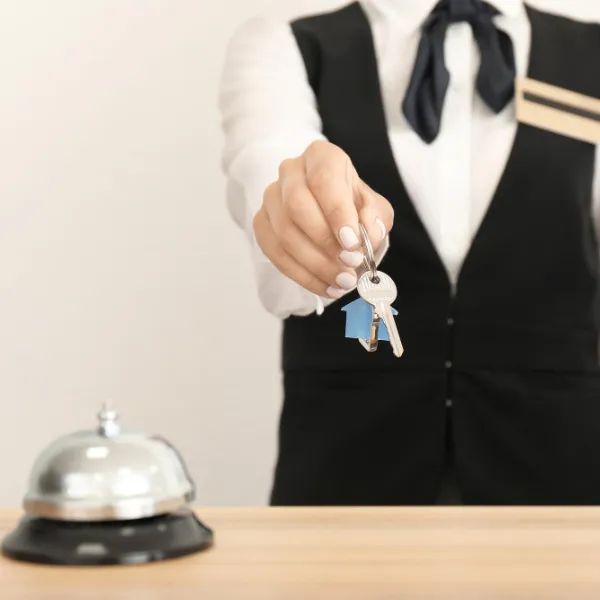Operating a full-service hotel in Thailand involves a diverse range of activities, from accommodation and dining to excursions and transportation. While a general hotel license is essential, it doesn’t automatically cover every commercial activity your hotel undertakes. To avoid potential legal challenges and ensure smooth operations, it’s crucial to review whether all your hotel’s activities have the necessary permits and licenses.
Here’s a comprehensive checklist of common permits and licenses that a full-service hotel in Thailand should consider:
- Hotel License: The fundamental license to operate as a hotel in Thailand, issued by the Department of Provincial Administration (DOPA).
- Restaurant License: Required if your hotel includes a restaurant or offers food service. This covers food preparation, handling, and service. Issued by the local municipality or Provincial Public Health Office.
- Alcoholic Beverage Permit: Needed to sell or serve alcoholic beverages in your hotel’s bar, restaurant, or through room service. Issued by the Excise Department.
- Tobacco Sales Permit: Necessary to sell tobacco products on the premises. Issued by the Excise Department.
- Permit for Businesses Detrimental to Health: This might be required depending on specific amenities and services offered (e.g., spas, massage services, certain recreational facilities), issued by the local municipality.
- Currency Exchange Permit: If your hotel provides currency exchange services for guests, you’ll need the appropriate permit from the Bank of Thailand.
- Tourism Business License: If your hotel organizes tours for guests, you may need this license. Issued by the Department of Tourism. This is especially relevant if you operate tours for non-guests as well.
- E-commerce Registration: For hotels with online booking systems, an e-commerce registration might be required with the Department of Business Development to legally process online transactions.
- Transportation License: If your hotel provides transportation services for guests (e.g., airport shuttles, tours), you’ll need the appropriate transportation licenses from the Department of Land Transport. This might be necessary even if using a third-party transport provider, depending on the arrangement.
- Work Permits: Essential for all foreign staff employed by the hotel. Issued by the Department of Employment.
Beyond Permits: Ongoing Compliance
In addition to these permits, remember that hotel operators in Thailand must comply with ongoing regulatory requirements, including:
- Building Control Act: Compliance with building codes and regular safety inspections.
- Labour Protection Act: Adherence to labor laws regarding employee rights, wages, and working conditions.
- Environmental regulations: Compliance with environmental impact assessments and waste management regulations.
Important Note: Licensing regulations and compliance requirements in Thailand are subject to change. It is strongly advised to regularly check with relevant government departments at the national and local levels, such as the Department of Provincial Administration (DOPA), the Department of Tourism, and local municipalities, to ensure your hotel is operating in full compliance with the most up-to-date laws and guidelines.
The Importance of Compliance
Failure to comply with licensing and regulatory requirements can lead to significant consequences in Thailand, including:
- Fines and penalties
- Hotel closure orders
- Legal action and potential criminal charges
- Damage to reputation with both Thai and international guests
Maintaining full compliance allows hotel operators to manage their business with greater peace of mind. Furthermore, if the hotel is operated under a Hotel Management Agreement or Franchise Agreement, non-compliance can result in a breach of those contracts.

